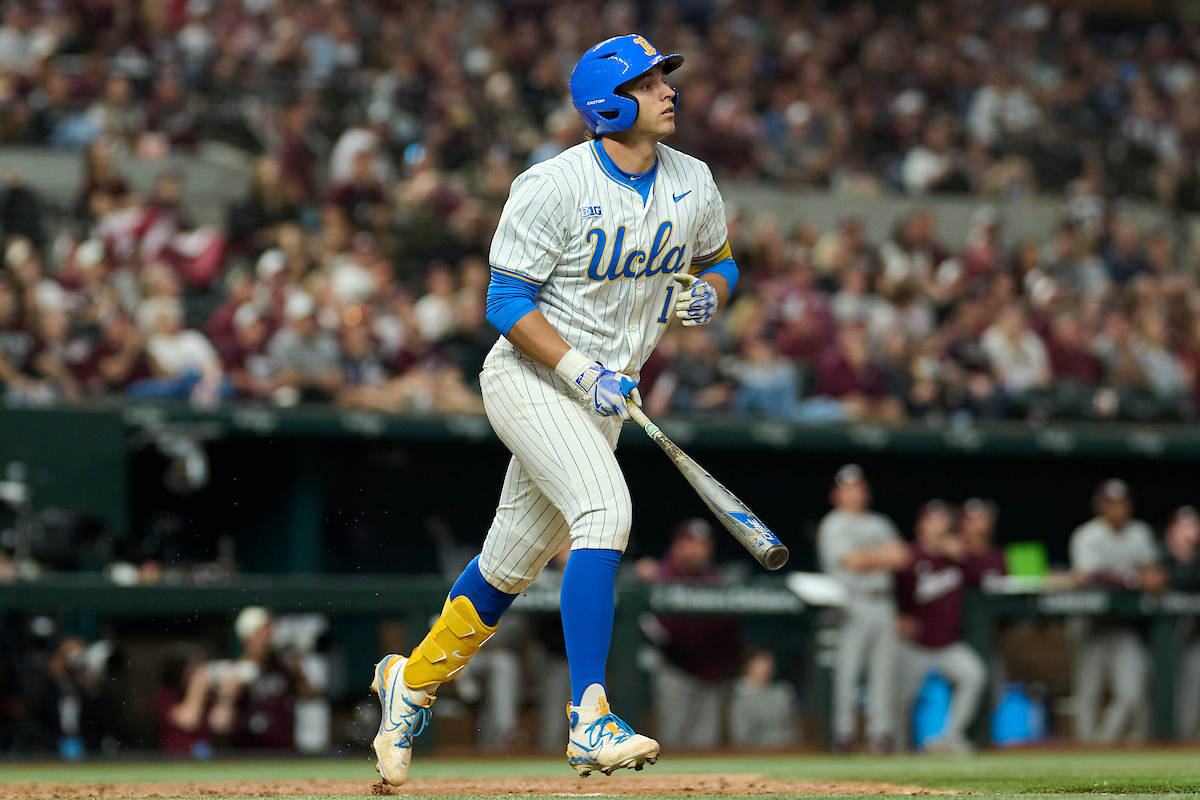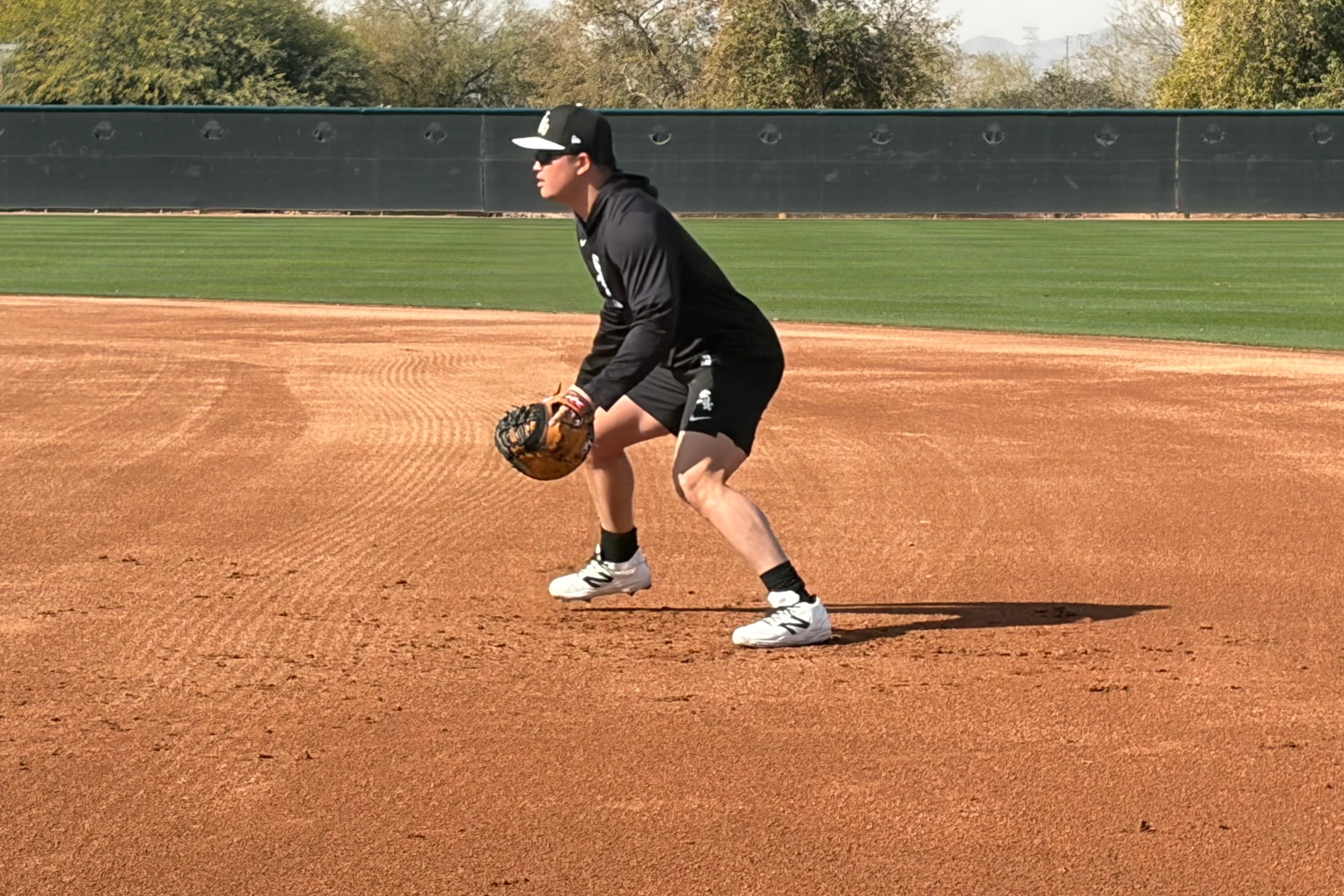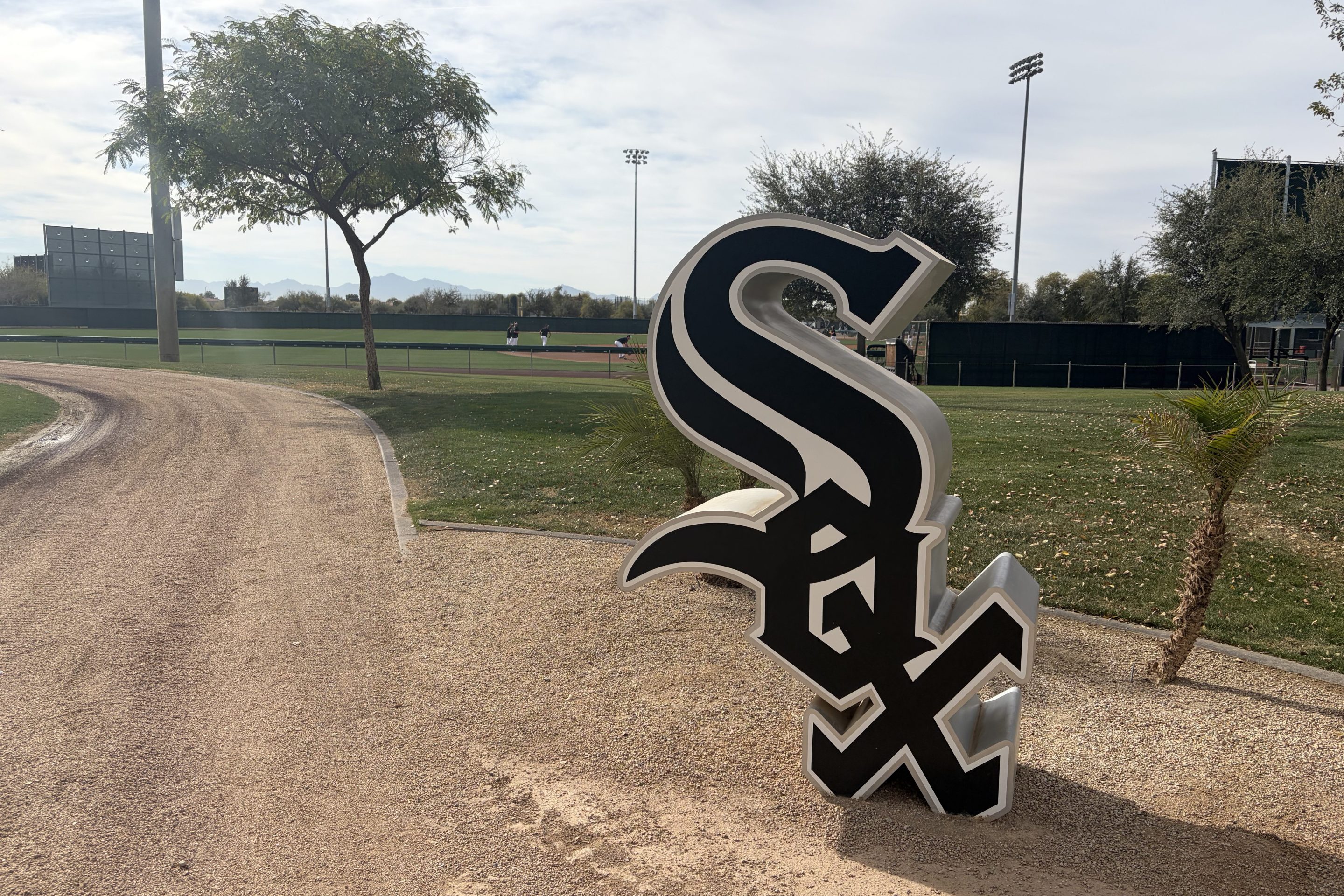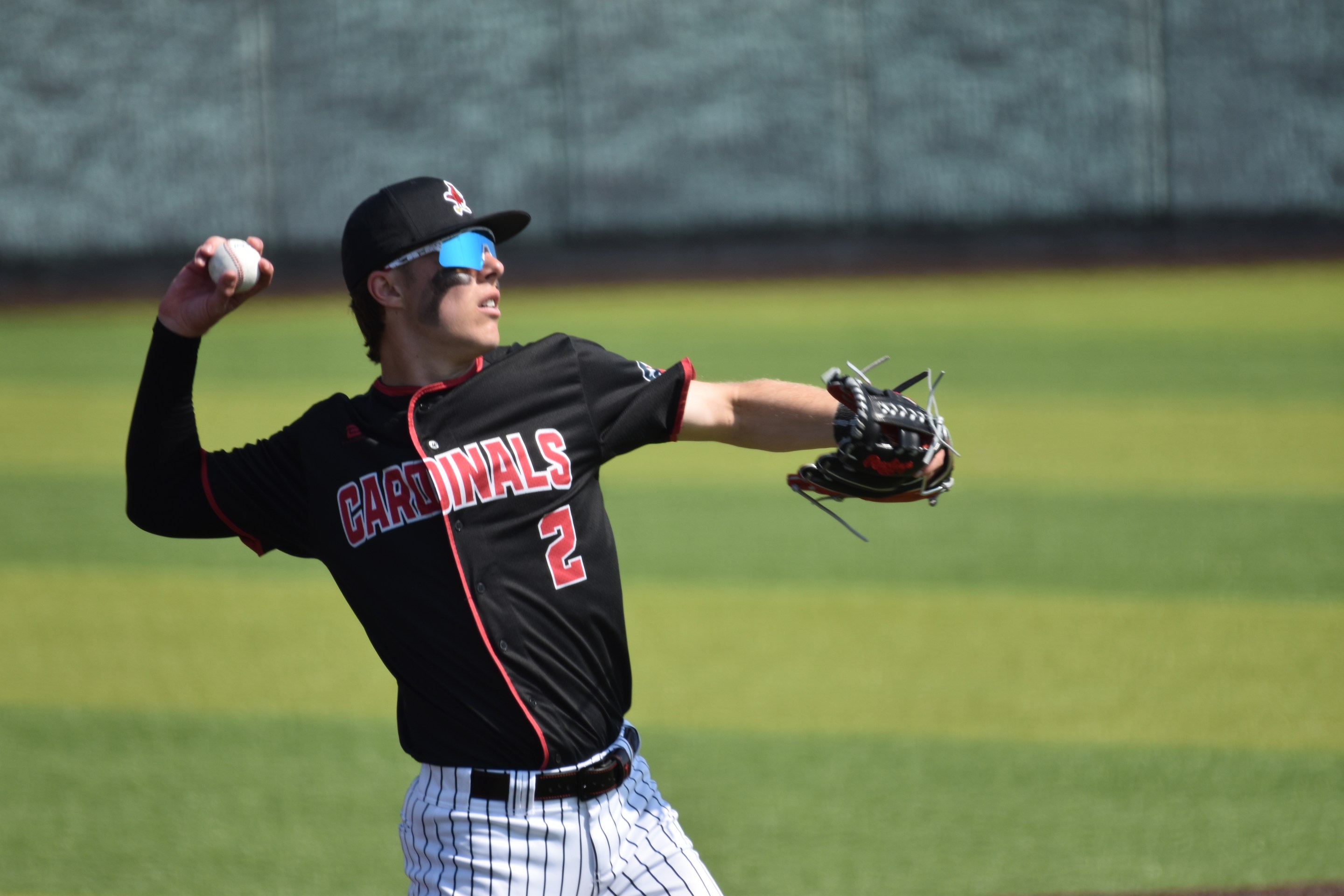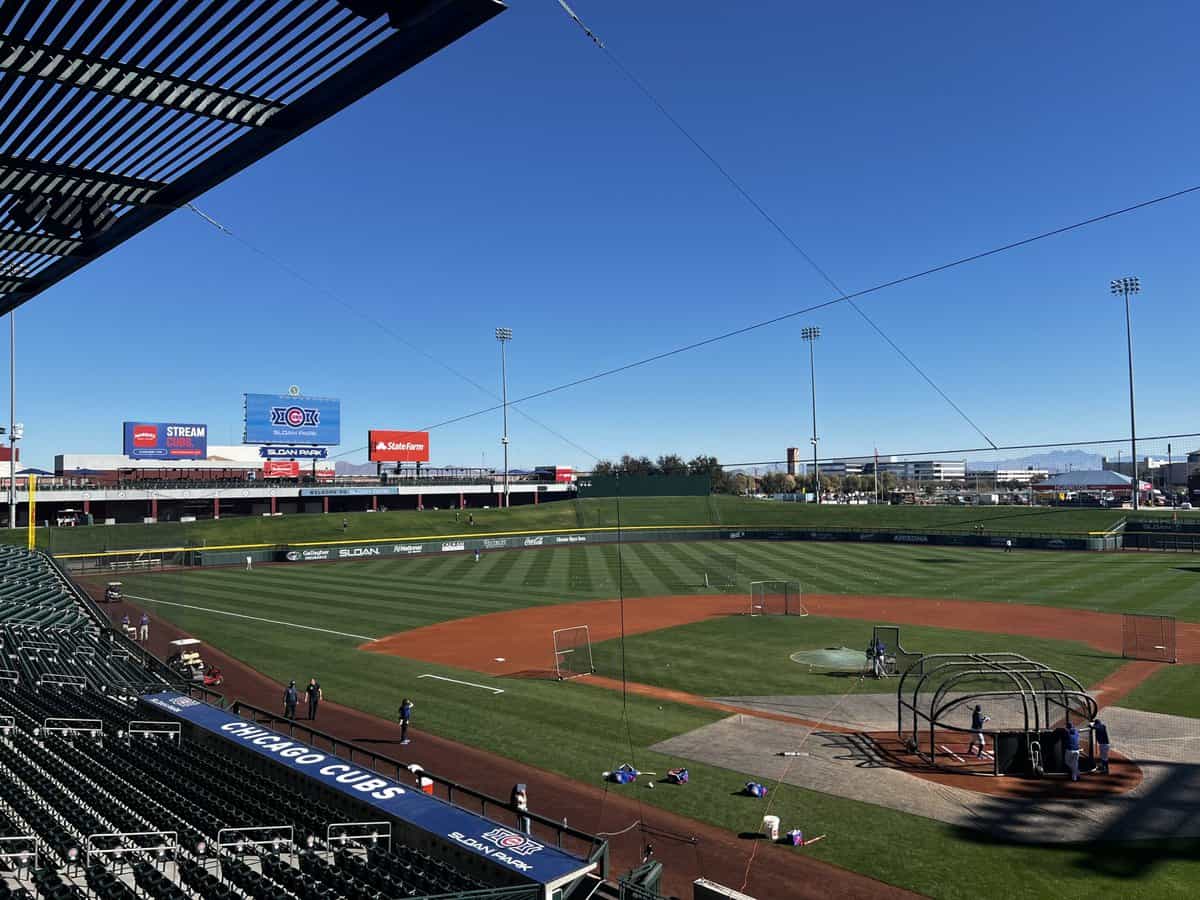One year after the Today's Game Era Committee sneaked Harold Baines into the Cooperstown through a fire exit, his induction has altered the way Hall of Fame candidacies are discussed.
Baines had none of the markings of a typical Hall of Famer. He fell short of milestones and didn't make up for it with defensive value. The Baseball Writers Association of America kept him on the ballot for a few years, but his support topped out at 6.1 percent. He accomplished enough to merit consideration, but it was also hard to call him one of the 20 most deserving players not in the Hall. None of this felt like any particular disrespect, and even Baines assumed he'd settled into the Hall of Very Good.
Yet there he is in the Hall of Fame, plaque and everything. It took a favorable composition of the committee to get him through, with Jerry Reinsdorf and Tony La Russa fighting for his honor, but his induction nevertheless opens the range of possibilities for present and future candidates.
Over at FanGraphs, Jay Jaffe's Modern Baseball Era Committee candidate reviews have to cede that the favorable pool that courted Baines into the Hall might somehow exist for others down the line.
Aside from the precedent set by Harold Baines‘ election last year — a small committee can throw us a wild card now and then — there’s little reason to believe his fate will be different this time.
While I hope this year’s panel of voters isn’t going to hold Baines up as the yardstick by which other candidates are measured — all nine of those on this ballot have a higher JAWS, for one thing — I’ll concede that while I would not use one of my four ballot spaces on Murphy, I could more easily swallow the election of a two-time MVP who for a few years had a claim as one of the game’s best and most respected players.
These caveats explain the disappointment in Baines' induction, for those who felt it. It just complicates the way people discuss such cases, and it'll take a few cycles of various Veterans Committee ballots to determine whether Baines is an exception or the start of a trend.
Lou Whitaker could make it two reversals of fortune in a row. He didn't even get to a second ballot during his eligibility with the writers, even though he was a highly accomplished second baseman on par with Alan Trammell, his Detroit double-play partner for forever. Trammell endured through 10 bruising years on the ballot, with his support topping out at 40.9 percent in his final year in 2016. He was inducted into the Hall via the Veterans Committee two years later.
Whitaker should've ran with him step-for-step, as his career fit neatly among the standard for Hall of Fame second basemen, both statistically and with the eye test (five All-Star Games, four Silver Sluggers, a World Series ring). He didn't even clear 5 percent his first time through despite all those accomplishments. That said, the inductions of Trammell and Baines clear a potential path for Whitaker, because he shouldn't need the committee to break in his favor so severely. It won't be the easiest of courses, but he'll have received what he deserves.
I mention all this because Paul Konerko is on the Hall of Fame ballot for the first time this year, among a bunch of other first-timers who occupy a similar tier.
* * * * * * * * *
Konerko is a titan in White Sox history, amassing 439 homers, 2,340 hits and 1,412 RBIs over his 18-year career. He made the All-Star Game six times and picked up MVP votes in five different seasons. Most vital to the local cause, he was the leader of the only White Sox World Series team anybody alive can remember, picking up the ALCS MVP and playing well in all three series. The White Sox retired his No. 14 and erected a statue of him in his honor.
And yet he likely won't make a second ballot. In fact, according to Wins Above Replacement and Jaffe's JAWS metric, Konerko might not get 5 percent if voters had to pick 10 first-time candidates, because Konerko ranks outside the top 10 in both.
| Player | WAR | JAWS |
|---|---|---|
| Derek Jeter | 72.4 | 54.7 |
| Bobby Abreu | 60.0 | 50.8 |
| Jason Giambi | 50.5 | 46.4 |
| Cliff Lee | 43.5 | 41.6 |
| Rafael Furcal | 39.4 | 35.1 |
| Eric Chavez | 37.5 | 34.3 |
| Josh Beckett | 35.6 | 33.4 |
| Brian Roberts | 30.4 | 29.2 |
| Alfonso Soriano | 28.2 | 27.8 |
| Paul Konerko | 27.7 | 24.6 |
| Carlos Pena | 25.1 | 24.6 |
| Chone Figgins | 22.2 | 22.3 |
| Raul Ibanez | 20.4 | 20.2 |
| Brad Penny (bam-ba-lam) | 19.0 | 20.2 |
| Adam Dunn | 17.4 | 17.6 |
| J.J. Putz | 13.1 | 13.0 |
| Jose Valverde | 11.5 | 11.7 |
| Heath Bell | 7.1 | 8.0 |
I don't think WAR alone is a productive way to discuss Konerko, because his notorious lack of foot speed gave even his best work a drop ceiling. It's strange to see him in the same neighborhood as Pena (a career .232 hitter), and Figgins (who had three good seasons). Pena and Figgins were superior players when everything was clicking thanks to speed and/or defense, but those moments were fleeting. Konerko, who was built to chug along in every sense, had the superior career without question.
That's only half the battle. Even once you establish that he's in a separate class from the partial career types, Konerko's case will probably have Konerko's acceleration issues.
Phil Rogers -- fresh off accusing James Fegan of being a homer with his MVP vote -- likened Konerko to Edgar Martinez, and so did Scot Gregor. There's so much separating Martinez from Konerko that it's not yet worth discussing. Edgar is a sort of final boss for defensively challenged bats, and before you can get to him, you have to show how Konerko is meaningfully different from Carlos Delgado, whose 473 homers, 138 OPS+ and 44.4 WAR eclipse Konerko's totals (439, 118, 27.7).
Delgado didn't make it to a second year, falling off the ballot after receiving just 3.8 percent of the vote. There was no sense of a grave injustice.
Konerko's candidacy will likely meet a similar end, especially when considering the still-crowded ballot. Even if you pay no heed to those connected to steroid use, you still have a field that includes Curt Schilling, Larry Walker, Jeff Kent, Scott Rolen, Todd Helton, Andruw Jones, Omar Vizquel, Jeter and Abreu among guys with deeper cases. That leaves one spot, but the writers who won't consider steroid cases are typically the ones who don't come close to voting for 10.
It's hard to see better than one-and-done for Konerko, which is no insult given the talent he's competing with. In fact, I'll go further and argue that a swift rejection by the BBWAA might be optimal for whatever chance Konerko actually has at Cooperstown. It's a lot easier to contend that a player who lasted only one ballot didn't have his case properly considered. Whitaker is seen as slipping through the cracks due to outdated norms (the self-fulfilling prophecy of a "first-ballot HOFer"), while future compelling VC candidates like Kenny Lofton and Jim Edmonds saw their credible resumés overwhelmed by an unprecedented logjam of greats. Delgado should get more airtime this way as well.
Konerko can't count on more luck via committee, but Baines shows that it's possible, especially if Reinsdorf is still able to wrangle a room 11 years from now. More likely is that Konerko will have to settle for local legend status on the South Side, which isn't a bad consolation prize. I could argue for better, but I'm going to save whatever homer capital I have for Mark Buehrle in 2021.

